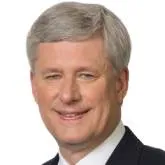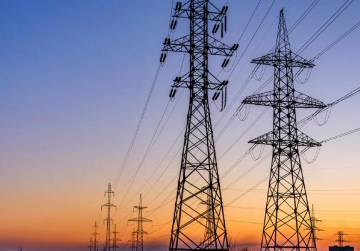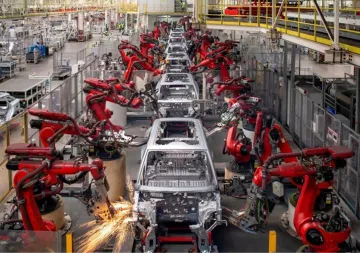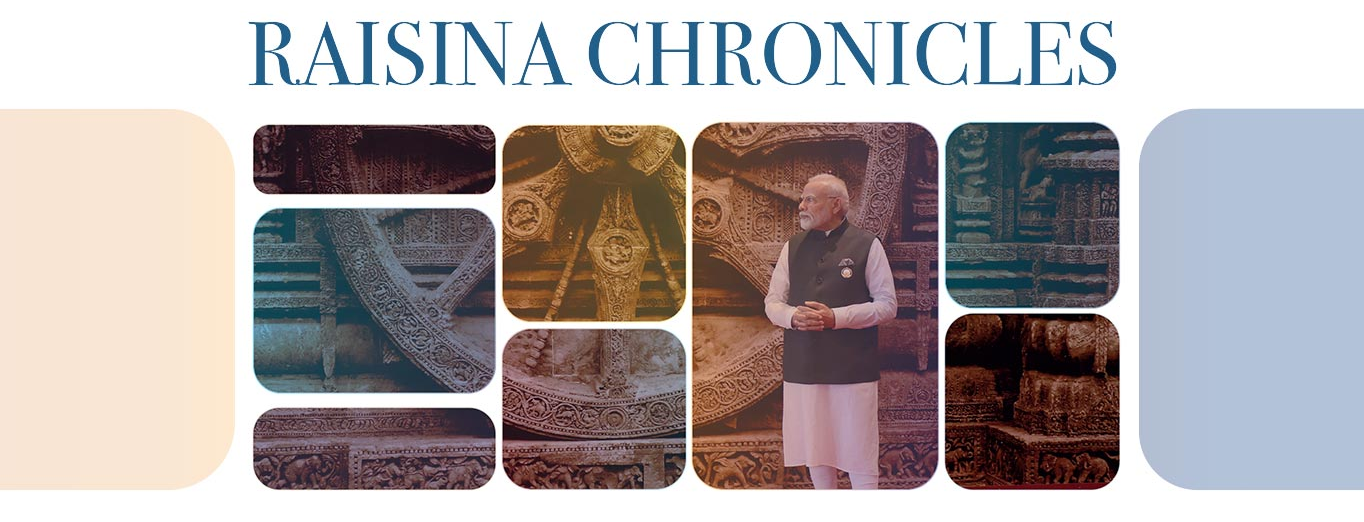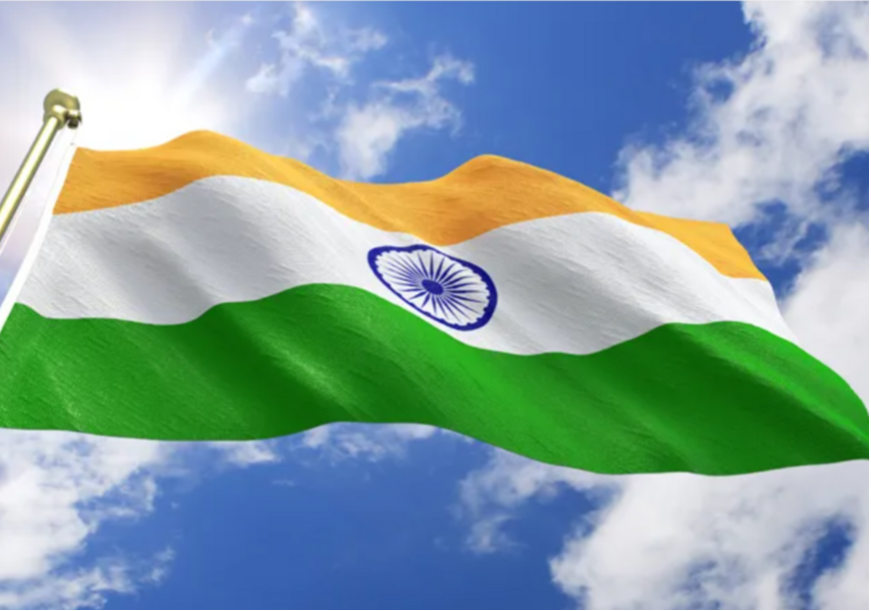
This article is a part of the series - Raisina Chronicles 2024
India’s emergence has consequences not only for its 1.4 billion population but for the world as a whole. From the stability of the Indo-Pacifi c region and the health of global democracy to implementing the SDGs and tackling climate change, success in addressing every contemporary issue today is contingent to a signifi cant degree on India’s actions. Its choices will have a profound impact in shaping much of humanity’s future and the world’s trends.
India’s rise is rightly perceived as largely a force for good. In a world of competing visions and deep divides, India represents that much-needed bridge and meeting point, while also generally sitting on the right side of important questions of values.
In this context, India’s rise is rightly perceived as largely a force for good. In a world of competing visions and deep divides, India represents that much-needed bridge and meeting point, while also generally sitting on the right side of important questions of values.
It is my belief that the world is dividing into two significant blocs, American-led and Chinese-led, in what is effectively a Cold War 2.0. That said, many players do not wish to simply slot into these two blocs. In the case of India, sheer size and the growing strength of the economy render a more independent position possible.
From my (Western) perspective, this is not a bad thing. The weakness of Western leadership, especially its contradictory penchants for nihilistic self-censure and haughty moral hectoring, is paving the way for an alternative democratic voice. India, by contrast, is buzzing with optimism and ambition. The country is modernising and moving forward at home, while also forging a myriad of new global partnerships that represent a new kind of globalisation.
For example, India’s push, during its G20 presidency, to ensure the development agenda does not fall off the global high table has garnered widespread international support. India has spoken not merely for itself, but for an entire cohort of nations from Africa to Latin America and others by putting forward their concerns. The same can be said for India’s contribution to other global debates, ranging from climate change and geopolitical conflict to the reform of multilateral institutions. This is forcing many in the West to sit up and listen to views from the vast global South.
India’s push, during its G20 presidency, to ensure the development agenda does not fall off the global high table has garnered widespread international support.
The 21st century is often touted as the Asian Century. But the vast Asian continent is no monolith, and the rise of different Asian powers has starkly different implications for international security, rules-based multilateralism, and the global economy. Which set of values gain dominance and ultimately prevail will determine whether the global system is characterised by coercion and disruption or by cooperation and collaboration.
A few years ago, I expressed my view at the Raisina Dialogue that India’s democracy would not become a mere echo of Western liberalism but would be shaped by its own culture and its own nationalism. Some years later, at the Raisina Dialogue in 2022, External Affairs Minister S. Jaishankar espoused a similar view when he emphasised that India should engage the world with confidence based on its identity, rather than attempt to please the world by becoming a pale imitation of others. And this, I think we can all agree is happening. India is taking its rightful place in an evolving global order, in line with its own traditions and carving out its own path.
Today, under Narendra Modi, India stands virtually alone as a democracy with both strong leadership and a forward direction. The pilgrimages of the world’s diplomats to New Delhi and global businesspeople all over India are a testament to that fact. While the West seems to be in retreat, India is deftly creating linkages and navigating the pushes and pulls of a complex international arena. Its beliefs in both itself and an interconnected world lies behind the depth and diversity of India’s seemingly contradictory partnerships – from North to South, East to West.
Today, under Narendra Modi, India stands virtually alone as a democracy with both strong leadership and a forward direction. The pilgrimages of the world’s diplomats to New Delhi and global businesspeople all over India are a testament to that fact.
This is a challenging period, particularly for democracies and heterogeneous societies generally. While one war nears its third year, another breaks out, polarising communities and nations worldwide. The war in Ukraine, the conflict in the Middle East, and China’s destabilising tactics in its neighbourhood serve as critical reminders that stability cannot be taken for granted and that greater deterrence, partnership, and cooperation are required.
These conflicts are not just fought on the field of battle but also through the battle of values and ideas. The modern digital space is one of both immense opportunities and serious threats, linking security challenges in one part of the world with those elsewhere. Economic interdependence can also be weaponised. These complex new-age challenges are being accompanied by strife and struggle for basics like food and energy. To deal with this volatility, but also to seize the possibilities, we need sane voices to rise over the din.
It is in times like these that the circulation of people, ideas, and viewpoints, often contrary and opposed, is even more important. The Raisina Dialogue, with its wide-ranging and far-reaching deliberations, has emerged as a successful effort to discuss the substantive issues of our time. Entering the tenth year of its inception, Raisina is an extrapolation of India’s ambitions and its global positioning. As a hub for some of the most consequential global conversations taking place during a period of intense transition, it epitomises India’s newfound confidence and assuredness.
This forum, which has grown dramatically year on year, is conspicuous in its efforts to feature the voices of traditionally underrepresented constituencies. It is not just another bastion of entitled elites, but one genuinely reflective of the world’s ethnic, gender, and ideological diversity. Special attention is paid to the next generation through initiatives like the Raisina Young Fellows programme. Raisina does this because, for conversations to be impactful, the voices of our future need to be heard.
I have had the honour of expressing my views at the Raisina Dialogue several times since its inception in 2016. Evolving from India’s flagship conference on geopolitics and geoeconomics to one of the world’s most important forums, the Raisina Dialogue has come a long way. It brings together heads of state and government, thought leaders, policymakers, academia, and the business community each year in New Delhi under one roof. The Dialogue is, in short, a clear signal that India has shed its historical hesitations and is ready to play a proactive role in shaping global dynamics.
The world needs constructive and open dialogue, but also dialogue that is grounded in sound expertise and experience. Raisina, with its spirit of debate, dissent, deliberation, dissemination, and diplomacy provides just that.
I hope to continue being part of the Dialogue for many years to come.
Please read the full volume here.
The views expressed above belong to the author(s). ORF research and analyses now available on Telegram! Click here to access our curated content — blogs, longforms and interviews.




 PREV
PREV
